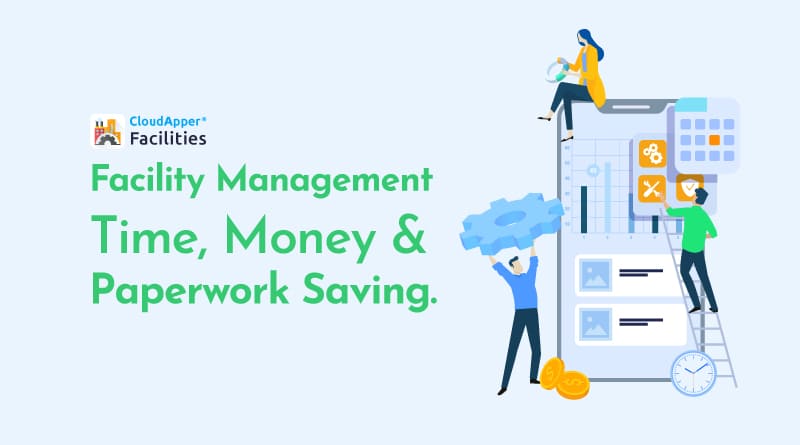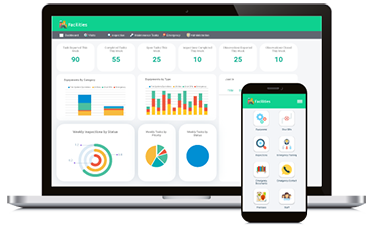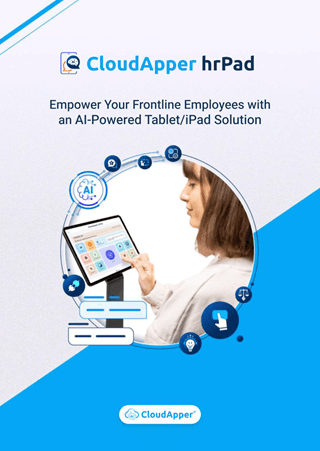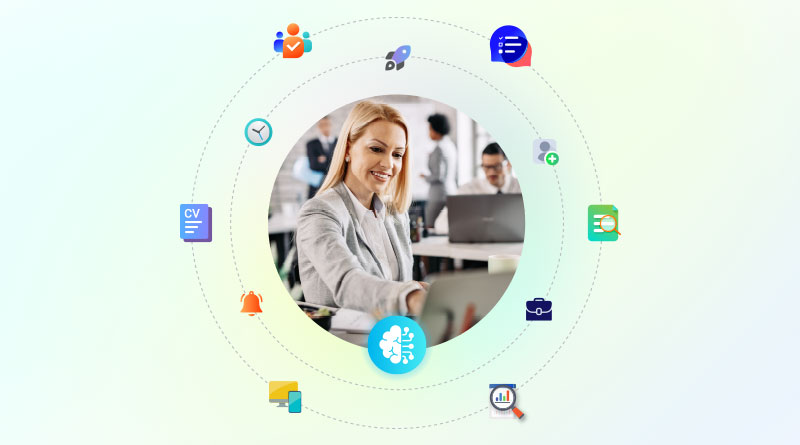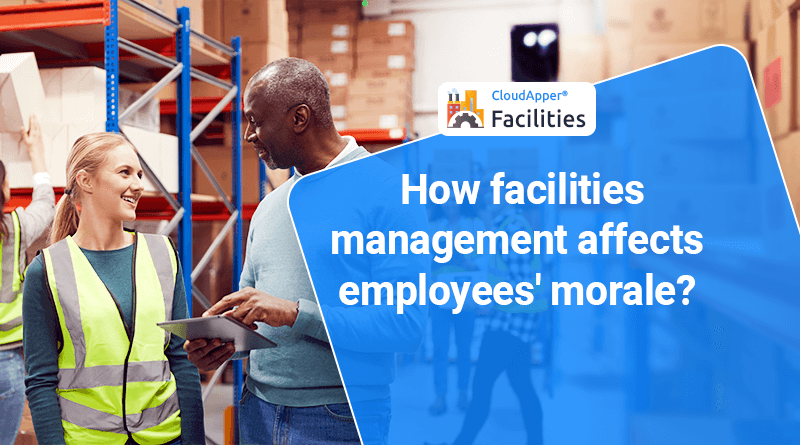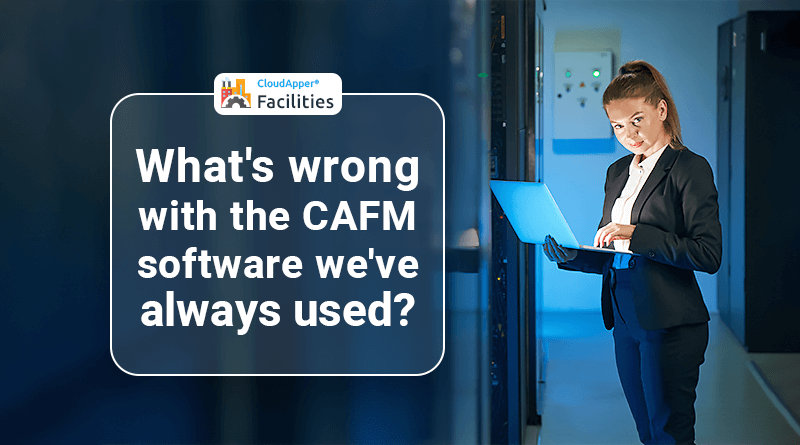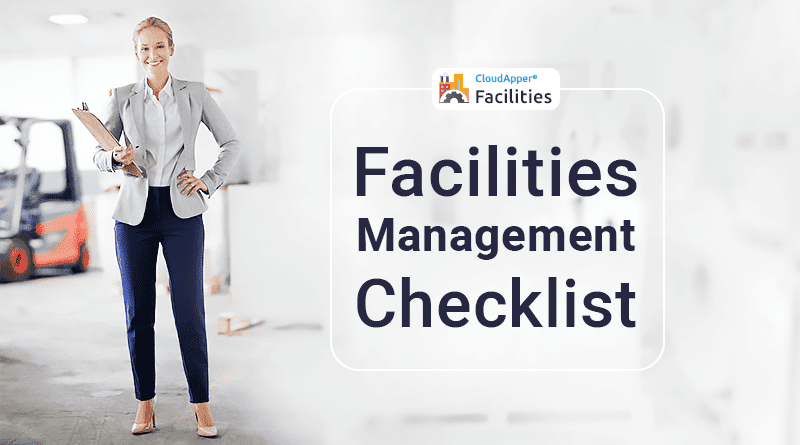Technology is all around us. Cloud-based features have resulted in enhanced data and information transfer that is instantaneous, anytime, and anywhere. This pattern shows a growing trend toward meeting the mobile needs of facilities management. Workers are on the move, and facility managers are increasingly embracing mobile apps to access systems and information online, saving time, money, and tedious paperwork, as well as providing easy access to networks and ensuring the smooth execution of all business processes across facilities.
In recent years, the way employees work has clearly changed. The idea of a virtual workplace is rapidly growing. Similarly, the telecoms industry’s evolution has been a source of growth for facility managers who are increasingly using mobile apps for work objectives.
Analyzes by Frost and Sullivan show that laptops are the most popular, but in the next two years this is expected to decrease considerably, whereas smartphones are forecast to increase by 30%. More mobile solutions are used to create a way for facility managers to remotely interface with facilities or to find maintenance problems from their telephones with the help of remote surveillance features. The focus is therefore on virtual business activities between facility managers and building owners.
Facility managers are embracing new ways to operate and deliver services in a growing global economy to remain competitive. They try to increase productivity and reduce operating costs. Frost and Sullivan conducted an interview on more than 200 CXOs, and 65% of the interviewees reported that 50% of their workers work at a distance, with over 75% being remote workers in 20% of the companies.
This unified method of communication across numerous site managers and employers ensures that any repair orders or maintenance calls are placed or received, which is especially vital for travel managers. The following are some of the primary advantages of implementing a mobile infrastructure for facility managers:
Save Money:
Managing field teams are getting more efficient as workplaces become more virtual. If a facility technician or manager is working in the field and a work order is produced nearby, the technician can simply view it using an app. The technician can input data, offer progress updates on the request and work order, and deliver updates immediately.
In the future of work, mobility will be crucial. Portable work experiences will become increasingly common as linked workplaces become more data-centric. New business models around connected buildings and infrastructure, therefore, drive efficiency and cost efficiency in the workplace.
Save Time:
Mobile apps and a connected workplace have also increased worker efficiency. Day-to-day business operations in a typical facility require facility managers or technicians to be in the office to receive service requests and working orders. Likewise, to approve a petition for the assignment of a technician, the supervisors must be physically present. All of this can be easily avoided, and the entire process can be expedited, by having a mobile app where a technician can get a repair order on the move and update the status by just accessing the app. Facilities supervisors, on the other hand, can approve the request right away. This not only saves time but also cuts down on unproductive downtime.
Reduce Paperwork:
For facility owners, the next generation of cloud networking and facility management mobile apps offers numerous advantages. Integration of transformative technologies into facilities can lead to cost and energy savings, real-time monitoring and control, and predictive and preventive maintenance. Facility managers can collect data for operations, equipment, and work order contracts using a smartphone or other mobile tool. This real-time information exchange enables faster decision-making and the elimination of manual paperwork, which can slow down operational procedures even further.
Although facility management mobile apps have their own set of challenges and do not completely eliminate the obstacles that facility managers face, the benefits associated with remote monitoring and real-time access to all facility data will provide value propositions that will improve facility managers’ business productivity and profitability.
Want to try out a facility management mobile app to feel the difference? Contact us now!
What is CloudApper AI Platform?
CloudApper AI is an advanced platform that enables organizations to integrate AI into their existing enterprise systems effortlessly, without the need for technical expertise, costly development, or upgrading the underlying infrastructure. By transforming legacy systems into AI-capable solutions, CloudApper allows companies to harness the power of Generative AI quickly and efficiently. This approach has been successfully implemented with leading systems like UKG, Workday, Oracle, Paradox, Amazon AWS Bedrock and can be applied across various industries, helping businesses enhance productivity, automate processes, and gain deeper insights without the usual complexities. With CloudApper AI, you can start experiencing the transformative benefits of AI today. Learn More
